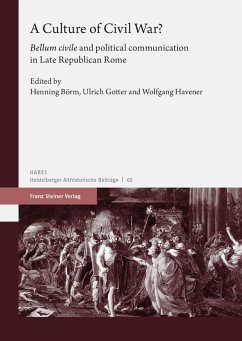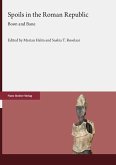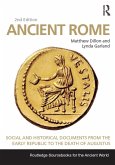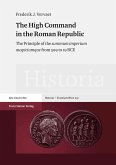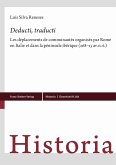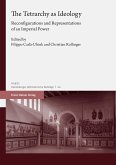The civil wars of the first century BCE disrupted Roman society, which in turn was a major cause of the destabilisation of the political system. While this has of course long been recognised, the cultural dimension of the disintegration of the res publica demands equal attention. The present volume aims for an analysis of the more implicit, yet fundamental effects which the increasingly militarised conflict had on Roman society, starting with the assumption that the radical dynamics and intrinsic brutality constituted a completely new experience for contemporaries. To solve this problem, Romans of the late Republican period devised multiple strategies for coping with the phenomenon of civil war. While some turned to narrative patterns deployed by the Greeks who had been accustomed to civil conflict for centuries, the bella civilia also influenced many other aspects of cultural life. The latent fear of permanent civil strife thus became a source of innovation on multiple levels which (re-)shaped Roman collective imaginary. The resulting structures and developments constituted a highly elaborate and comprehensive 'culture of civil war'.
Dieser Download kann aus rechtlichen Gründen nur mit Rechnungsadresse in A, B, BG, CY, CZ, D, DK, EW, E, FIN, F, GR, HR, H, IRL, I, LT, L, LR, M, NL, PL, P, R, S, SLO, SK ausgeliefert werden.

